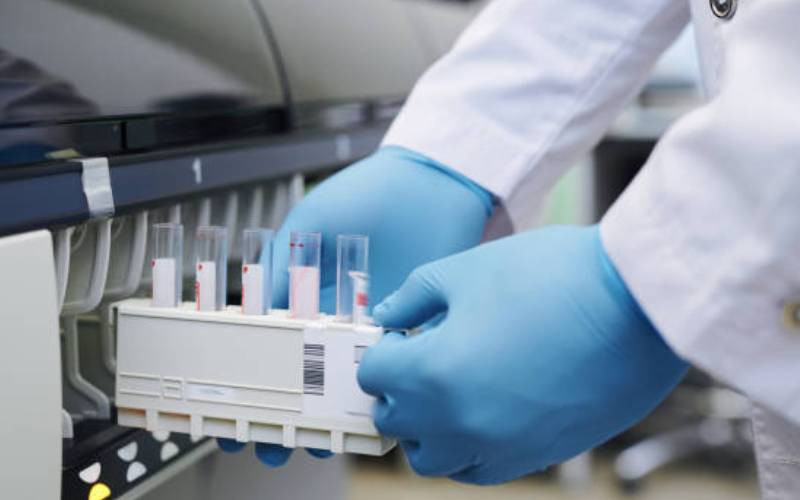×
The Standard e-Paper
Home To Bold Columnists

Scientists have developed a new way of saving critically endangered wild dogs by incorporating technology.
In efforts to save the species from extinction, researchers from the Institute for Breeding Rare and Endangered African Mammals are working to improve the breeding of wild dogs to boost their declining populations.